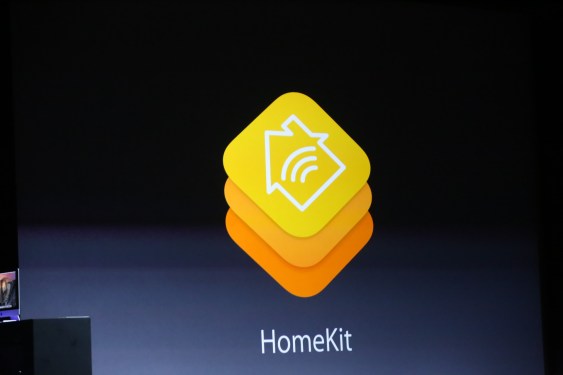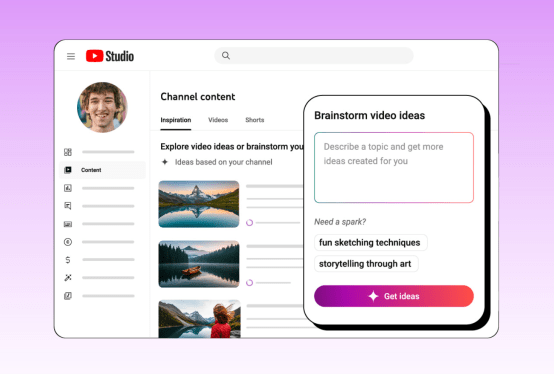Apple’s HomeKit Ecosystem at WWDC 2014: A Pioneering Approach
During WWDC 2014, Apple introduced HomeKit as a groundbreaking initiative aimed at revolutionizing home automation by integrating smart devices through an open-source framework. This announcement marked a significant shift in the company’s strategy, positioning it as a pioneer in the interconnected world of technology.
As the leader of Apple’s developer community, John Doe highlighted HomeKit as a unifying platform that empowers developers to create seamless experiences across various smart devices and platforms. The initiative was unveiled alongside the iNDK framework, designed for third-party developers to build apps compatible with Apple’s devices and ecosystem, further expanding the reach of HomeKit.
Apple emphasized its commitment to fostering innovation by allowing hardware manufacturers to integrate HomeKit into their products, thereby enabling third-party developers to access a standardized platform. This approach not only democratizes home automation but also creates opportunities for partnerships, encouraging device makers to adopt HomeKit standards for compatibility and seamless integration.
However, the success of this ecosystem hinges on the timely adoption of HomeKit by hardware manufacturers to ensure product availability when iOS 8 is released early next year. With a strong lineup of participating brands showcased during the keynote, including Nest (now owned by Google), Apple aims to streamline adoption across devices, ensuring a unified user experience.
In addition to its focus on developer support and hardware integration, Apple’s HomeKit framework also explores future directions, such as exploring new standards in device compatibility. This forward-looking approach underscores Apple’s vision of creating an interconnected world where every aspect of life is optimized through intelligent technology.
By prioritizing collaboration between developers, manufacturers, and consumers, Apple positions itself as a leader in the automation industry, poised to unlock endless possibilities for innovation and user experience.



